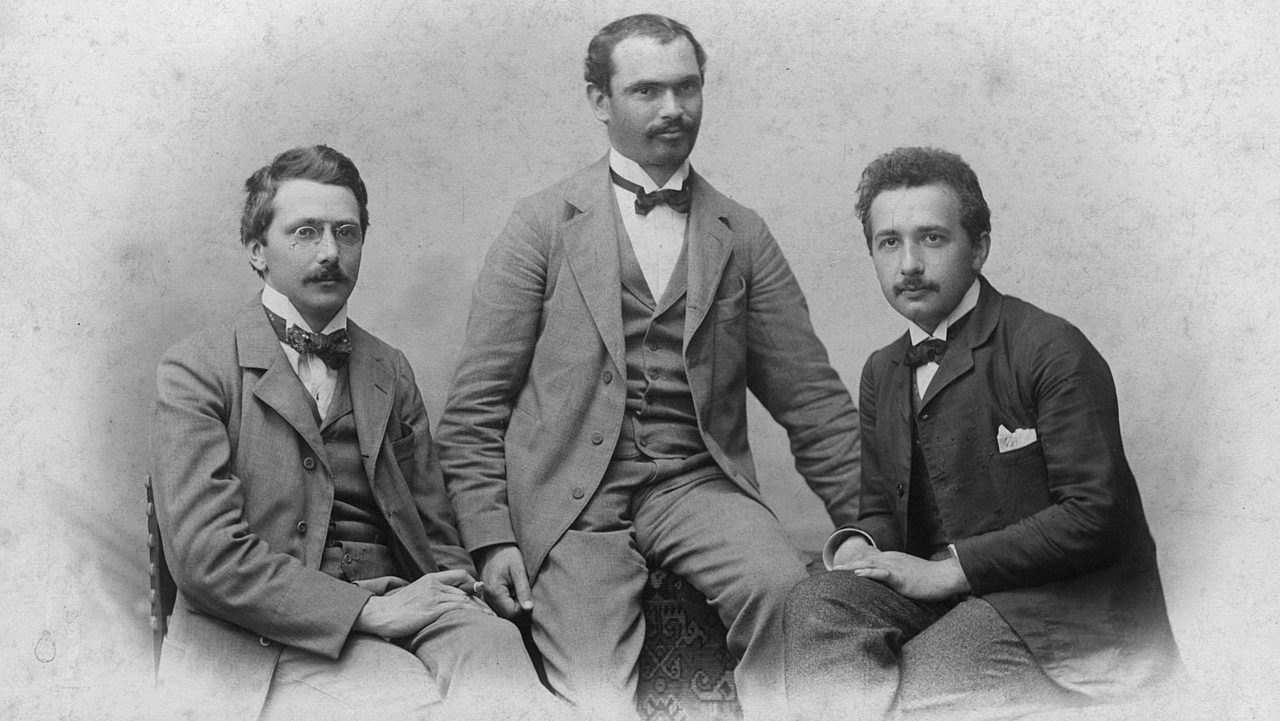Conservative Education

So I’m spending the week speaking at and otherwise participating in the national honors program of the Intercollegiate Studies Institute–a conservative educational foundation.
The students are spectacularly impressive. They come from many of our elite institutions, but also from various small colleges. With one exceptIon, thery’re all undergratuates or new graduates. Here’s the one exception: a young women who was homes chooled, entered a state college at age 14, graduated at 17, and now is well on her way to a Ph.D in a leading program in political theory at 20. She was very disappointed with college because all about reading boring textbooks and too many students bragging about just getting by. She’s now in love with really hard real books–by authors such as Plato, Aristotle, Tocqueville, St. Augustine, Pascal, Leo Strauss, Eric Voegelin, and many others, and she now has the time to indulge the heck out of her real passion while she is still very young.
Educational theorists will note that I didn’t detect any hint of possible deficient socialization in her case. I did notice excellent manners, amazing self-confidence, a real love and respect for her family and friends, and a very rare ability to talk with people of all ages as her “peers.” That means, of course, that she’s singularly free from “peer pressure.”
The first thing anyone would notice at this program is the very wide diversity of opinion among the professors present. It’s even very hard to say why they all could be called conservative.
Perhaps none them are libertarian, though. One very erudite speaker quoted Marx’s Communist Manifesto with approval on capitalism devaluing all forms of human excellence untethered to productivity, and he praised the achievement of Germany’s Christian Democratic form of social democracy as a genuine and more humane alternative to capitalism and socialism. (I’m not saying I agree in either case: Marx knew he was exaggerating to foment revolution, and certainly it’s clear enough that Christian democratic parties of Europe don’t have much of future.)
Another very prominent professor here said that conservatives these days should oppose the the emptiness of globalized or radically displaced techno-progressivism. He’s an admirer of the virtue defended by the agrarian writer Wendell Berry. He’s all about returning real power back to localities and even restoring the relative autonomy of local economies. It’s also clear that he tends to vote Democratic (as does Berry). There’s a strong faction of professors and students with him, and they will have none of the libertarianism that people so often mistakenly confuse with conservatism. They don’t even think highly of our founding philosopher, John Locke, and they argue that the Anti-Federalists were often right about the danger of America becoming more of a empire devoted to selfish individualism than a republic.
At the same time, there are professors and students around who are big on defending the Lockean understanding of liberty that is behind our Declaration of Independence and Constitution. They oppose the kind of Progressivism that leads to Big Government, and they are at least fellow travelers with the Tea Partiers. But even these guys aren’t libertarians; they also emphasize respect for the authority of our Founders and the indispensability of serious religion, devoted citizens, and strong families for sustaining our liberty. But they don’t think we can or should go back to Berry’s farm.
I will say more later.





